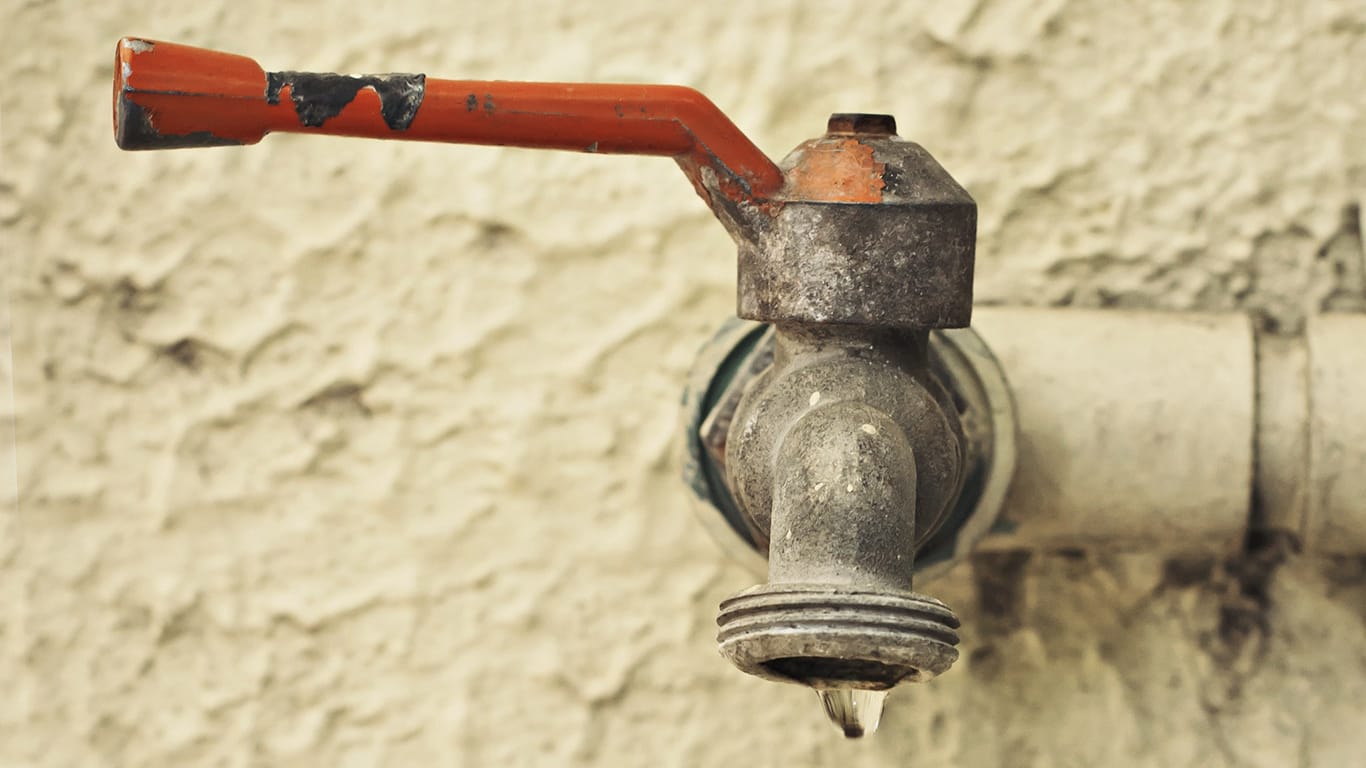Shut-off valves are an integral part of your plumbing system, yet they are easy to forget about. They work quietly to control the flow of water to various fixtures and appliances in your home or business. While they may not be the most glamorous part of your plumbing system, they absolutely play an important role in preventing water damage while ensuring the smooth operation of your household or business. However, like anything else mechanical, shut-off valves can develop issues over time. Some of these issues can include leaks or difficulty in turning the shut-off valve.
Understanding Shut-Off Valves
It is important that you understand what does shut off valves in your plumbing system do and the different types of shut off valves that are commonly found in residential plumbing systems. For instance, gate valves look like around wheel with the handle that operates hey gate or a type of wedge-shaped disc that controls the flow of water through your plumbing system. This type of valve is known for its durability, but it can become stiff over time and more prone to leaks.
Ball valves have a lever-like handle that rotates a ball with a hole through the middle of it. When the hole aligns with the pipe in your plumbing system, water flows. When the hole is perpendicular, the water stops flowing through your pipes. Ball valves are more reliable and easier to operate than gate valves.
Compression valves are usually found under sinks and toilets. They use a washer to create a watertight seal when the handle is turned. Compression valves are prone to leaks since they have a lot of wear and tear on them from all the use they get.
Common Shut-Off Valve Issues
There are several types of common issues when it comes to shut-off valves. The main one, and the most obvious, is leakage. Leaks can occur at the valve stem, around the packing nut, or even at the point where the valve connects to the pipe. Shut-off valves can also become very difficult to turn, which makes it very challenging to shut off the water supply when you need to. This issue is usually due to corrosion or the buildup of minerals in the water.
When shut-off valves have a lot of wear and tear on them, they may only partially shut off. This means the valve will no longer fully stop the flow of water, which can cause a slow leak or even reduced water pressure in your plumbing system. Also, if your shut-off valve makes a loud squeaking or whining noise when it is turned, it is a sign of wear and tear and that there is friction within the valve.
Repairing shut-off valves is a valuable skill for any homeowner or business owner to know, but should really be left up to the professionals. This is because a professional plumber will have the right tools, equipment, knowledge, skills, and training that are needed to properly repair or replace shut-off valves within the plumbing system of your home or business. Doing the repair or installation of a shut-off valve yourself may seem like a good idea and a way to save money, but many things can go wrong which will actually cost you more money in the long run. You can also avoid the headaches of dealing with your plumbing system yourself and save time by leaving the job to a professional plumbing company to handle.
Contact the Professionals
If you are in need of shut-off valve repair, call the professionals at Anthony Plumbing, Heating, Cooling, and Electric today!




